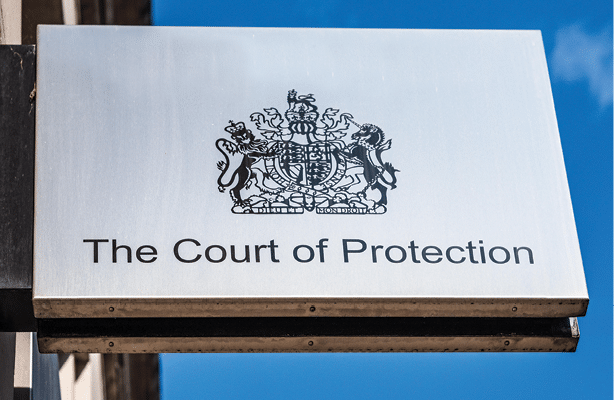#AskAMediator☝️| ⏱️ “Is there a lot of preparatory work before you start a mediation? What kind of thing happens?”
Effective preparation by the mediator before we start a mediation helps ensure a successful outcome. Here are some key aspects of the preparatory work that a mediator may undertake before the parties come together for their joint mediation session:
Initial consultation:
- The mediator will conduct an initial consultation with each party separately to understand their perspectives, concerns, and goals.
- We seek to establish trust and explain the mediation process, emphasising confidentiality.
Documentation review:
- We examine any relevant documents, contracts, or agreements related to the dispute.
- We identify legal and factual issues that may impact the mediation.
Legal research:
- We research any applicable laws and regulations relevant to the dispute.
- We ensure parties have attained access to informed legal guidance during the mediation where appropriate.
Stakeholder communication:
- We may communicate with solicitors or representatives involved, to gather additional information and ensure all relevant parties are aware of the mediation process.
Setting communication protocols:
- We may agree any communication protocols for the mediation session in advance, including guidelines for confidentiality, and the role of each participant (eg. it may be ageed that a supporter to a participant may not contribute to the conversation in a joint meeting).
Selecting the mediation venue:
- We choose a neutral and comfortable location for the mediation to ensure a conducive atmosphere for constructive dialogue.
Pre-mediation agreements:
- We encourage parties to sign a pre-mediation agreement (aka Agreement to Mediate) outlining their commitment to the confidentiality of the process and willingness to negotiate in good faith.
Preparation of opening statements:
- We may assist parties in preparing their opening statements to articulate their key concerns and desired outcomes.
Identifying common interests:
- We identify potential common interests between parties to facilitate finding mutually beneficial solutions.
Developing a mediation plan:
- We create a flexible agenda for the mediation session, outlining discussion topics and allowing for adjustments based on the evolving dynamics.
Emotional, accessibility and cultural considerations:
- We recognise and address emotional, accessibility or cultural factors that may influence the mediation process.
- Consult with parties to understand any adjustments that might be made to make the process more psychologically-safe, accessible and equitable.
Logistical arrangements:
- Ensure logistical arrangements are in place, such as scheduling, availability of necessary equipment, and any special accessibility requirements.
Pre-mediation coaching:
- We may provide coaching to parties to enhance their communication and negotiation skills.
By investing time and effort in thorough preparation before we start a mediation, a mediator can lay the foundation for a more productive and amicable resolution during the mediation process.
My grateful thanks to our real-life reader of the #AskAMediator newsletter, ST, for an excellent question!
___________________________________________________________________________
🕊️ My name is Arabella Tresilian and my mission as an accredited mediator is to help people achieve peaceable resolutions to challenging interpersonal dynamics. I help people in health, social care and the workplace to: 🪢 Resolve disagreements 🔗 Relate better ❤️🩹 Repair relationships 🧘 Restore wellbeing
2 ways I can help you achieve #peaceableresolutions today:
- 💌 Subscribe to or share the #AskAMediator Newsletter: http://eepurl.com/dmixCL
- 📅 Schedule a free Enquiry Call to discuss a disagreement you are facing: https://arabellatresilian.com/book-now/
If you enjoyed the #AskAMediator newsletter you can:
- Submit an #AskAMediator a Question here: https://forms.gle/g7xXYxVTSbaXjsAo7
- Read previous editions here: https://arabellatresilian.com/category/askamediator/
- For Mediators – answer questions for future editions: https://forms.gle/ytyxYcP5e74aSVVC8





